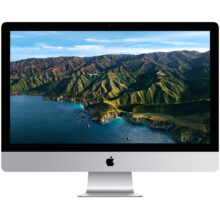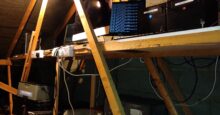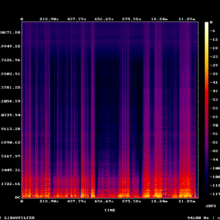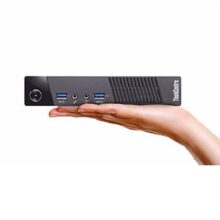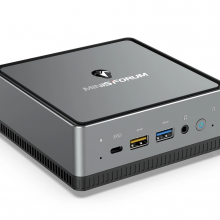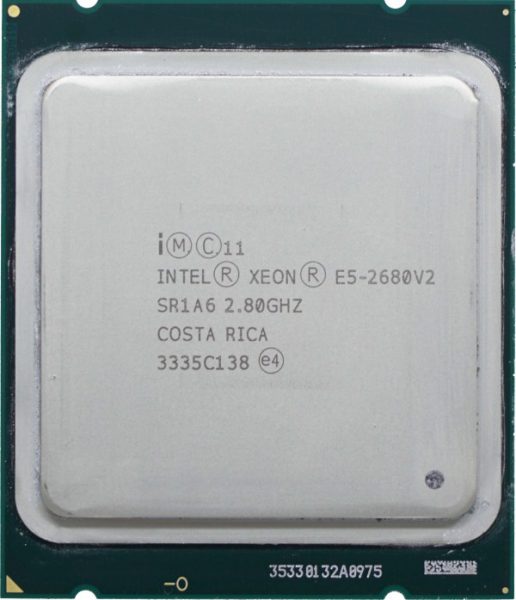A couple of months ago, I bought an old 27" iMac and installed it with Endeavour OS (an Arch Linux derivative) as its operating system. All has been fine since: Linux doesn't understand how to do the iMac's 5K screen resolution, but has no problem with the hardware otherwise and the 4K resolution I'm currently using is a delight. I've never previously used anything higher than 1980x1200, so 3840x2160 has been a (literally!) eye-opening experience. I'm never going back to 'standard high res' after this, anyway. Short version is, therefore: Apple make gorgeous hardware and an appalling operating system, but at least with Intel Macs, you can have the hardware with a sensible operating system after all!
Unfortunately, just last Thursday I attempted to install ZFS on the PC and although the installation seemed to work fine, rebooting the computer resulted in a 'no boot disk found' error state. I thought perhaps the internal SSD had failed, which would have been an expensive thing to fix... but, booting a live distro from a USB stick, the internal SSD was there, present and correct. Clearly, I had mangled its 'bootability' somehow, however, and rather than faff around with a bazillion possible fixes, I decided to wipe and re-install. [...]



